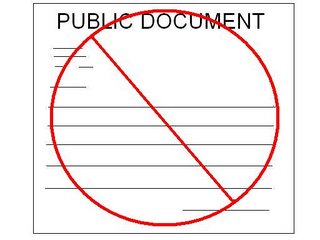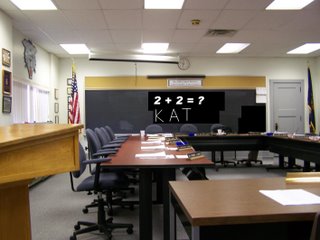
According to a steel contractor, the Oley School District owes them $1,437,309, interest, penalties, attorney’s fees, and costs associated under Pennsylvania Public Prompt Pay Act.
Amthor Steel entered into a contract on May 25, 2001 with the district to provide structural steel for the new Middle School. The amount of the contract was $1,850,200.
The contractor completed work prior to November 29, 2002. The district received and used the product in the Middle School, but refused to pay the remainder of the contract sighting delay costs and violation of the Pennsylvania Steel Purchasing Act.
Official communications about the dispute between the parties began in July 2002.
Amthor Steel filed for arbitration as prescribed by the contract terms on September 20, 2004. Initially, the district participated in arbitration, but then filed a motion in the Court of Common Pleas for a Declaratory Judgment on March 18, 2005.
The Oley Valley School District is requesting the court to have the dispute litigated rather than continuing with arbitration.
The details of this case are available at the County Courthouse.
Since the beginning of this year, the board told the community these records were not public information, yet the court papers were a Public Record on March 18, 2005.
According to comments at a public meeting, the school board appointed a Building Committee to oversee the Middle School construction.
The Committee consisted of three board members, and a person from the community.
However, the school board would direct any final actions.
The financial impact of this battle with the contractor is considerable. Besides the $1,437,309 and associated claim costs, is the reimbursement from the state. The district cannot request reimbursement from the state on school construction costs, which in this situation, may be worth over $1,000,000 until the litigation concludes.
The same dilemma exists with the $1,200,000 in the Capital Projects Fund. The board cannot access this fund until the dispute ends.
The court will decide on the law, but there are administrative questions that need resolution.
1.Why did the district continue to accept and install product from the contractor when they felt it did not meet contract specifications?
2.How did the district get a Certificate of Occupancy if the steel did not meet contract specification?
3.How can the district ask for state reimbursement for the construction if the steel is not meeting contract specification?
4.How much has the district spent so far on legal bills for this litigation?
5.The Capital Projects Fund has $1,200,000 for the dispute, yet the suit is for $$1,437,309, who will pay the difference if the board pays the claim?
At the October 11, 2006 Combined Meeting the board refused to answer these questions.
The Middle School construction process and subsequent contract negotiations deteriorated.
There was poor job oversight by the Building Committee and the Board. If they paid closer attention to the initial steel shipments, the community would probably not be facing a substantial lawsuit.
The decision to leave arbitration in favor of litigation could be an expensive mistake.
Unlike arbitration, we face the possibility of endless and expensive appeals in a courtroom. We are in a legal quagmire.
This board needs to roll up its sleeves and get involved rather than worrying about micro managing.





